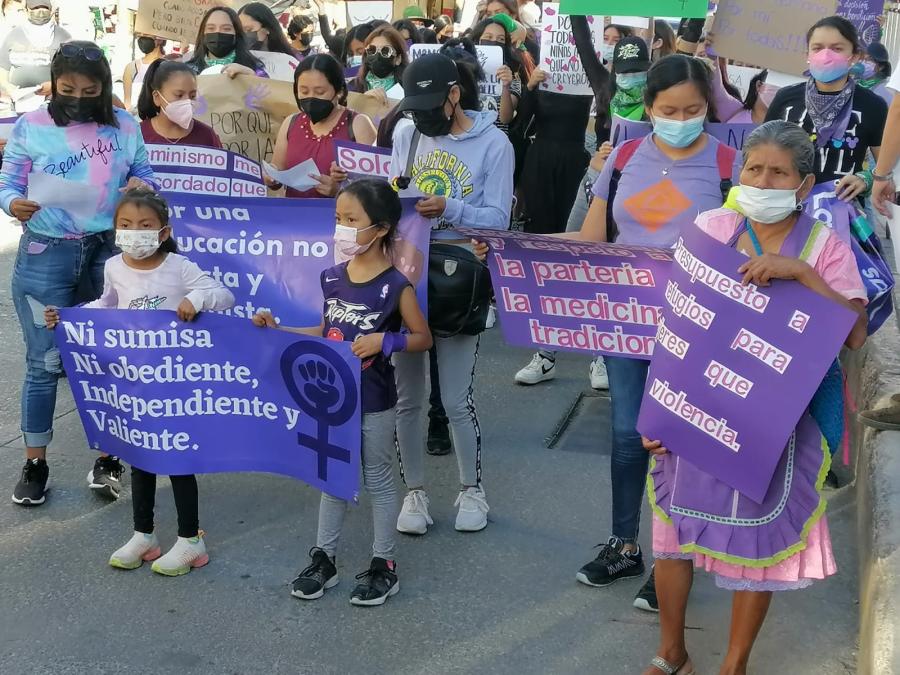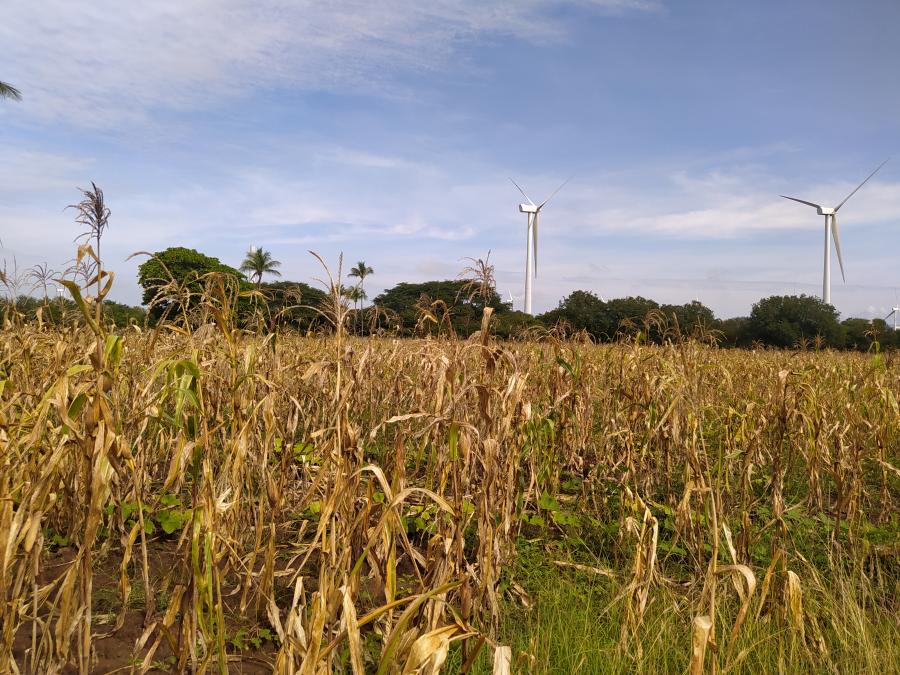
On June 8, 2018, Cultural Survival submitted its alternative report on the state of Indigenous women’s rights in Mexico to the Committee on the Elimination of Discrimination Against Women (CEDAW). CEDAW was adopted by the United Nations in 1979 and went into force in 1981. The Convention affirms the UN’s and member states’ commitment to ending discrimination against women in all forms, earning it the title of an international bill of rights for women. Reports to CEDAW provide an important international check on a state’s human rights situation by working to expose problem areas and by offering solutions.
CEDAW highlights “the unique situation of rural women” including many Indigenous women, in its General Recommendation No. 34. Rural women make up a quarter of the world’s population and they face greater poverty and exclusion than do rural men or urban women. General recommendation No. 34 outlines areas of concern for women in rural areas as well as enumerating ways that such women can be helped. It also acknowledges the ways that ethnic identities such as Indigenous heritage complicate the experiences of rural women. As such, the recommendations include that states ensure Indigenous and other marginalized people are included in protections for rural women.
Cultural Survival’s report to CEDAW brings attention to areas of concern for Indigenous women in Mexico, as well as detailing where difficulties facing them are increasing or decreasing across the country. It finds that funding to federal agencies tasked with aiding Indigenous women is often insufficient or misspent, Indigenous women’s land rights are under threat, and that violence against Indigenous women and their allies is on the rise.
Loss of access to traditional lands is ongoing and destructive to Indigenous women’s ways of life and wellbeing especially as many Indigenous women rely on the land to feed their families. Indigenous women currently face difficulties owning and controlling their own land both because men are the traditional inheritors of land and because the bureaucratic processes to acquire land titles are skewed towards men. Indigenous Peoples continue to face regular threats to their land and resources as a result of the government’s failure to achieve the Free, Prior, Informed Consent of Indigenous Peoples regarding the use of their land.
Although some legislative steps have been taken to improve the condition of Indigenous women in Mexico, many laws lack enforcement, and many gaps exist in legislation to protect Indigenous women. An area of deep concern regarding lack of legal protection is Indigenous women’s health care, particularly gynecological, prenatal, and postnatal care. There is a history of nonconsensual sterilization of Indigenous women, a practice that continues to this day. Indigenous women also face greater vulnerability to rape, inadequate access to health care, limited access to abortion, and high rates of maternal mortality. Barriers to care include lack of funds, lack of caregivers who speak their languages, and limited access to care in the rural areas where many Indigenous women live.
Violence against women is on the rise in Mexico, with violence against Indigenous women most likely remaining disproportionately high. It is estimated that Indigenous women represent 70 percent of trafficking victims in Mexico, although much work is needed to develop disaggregated data focusing on the particular situation of Indigenous women. Indigenous women are also at high risk of rape and assault at the hands of those men who help them migrate north to the US. Violence against Indigenous LGBT persons continues as well, despite nine states having passed same-sex marriage laws and anti-hate laws since 2010.
Another source of deep concern is the rise in violence against human rights defenders, community communicators, and journalists across Mexico. Indigenous environmental defenders face violence on a regular basis, as do other activists and journalists who challenge cartels, police, paramilitary groups, or politicians on behalf of Indigenous Peoples. Although some protections for journalists and other communicators are in place, these have proven to be insufficient as death tolls continue to rise.
A selection of Cultural Survival’s recommendations include that the Mexican government:
- Take steps to implement CEDAW’s General Recommendation 34 on the rights of rural women by create national legislation to ensure the Free, Prior and Informed Consent of Indigenous Peoples is obtained regarding any on their lands and territories.
- Ensure that Indigenous women have access to linguistically and culturally appropriate health care, especially for gynecological, prenatal and antenatal care.
- Ensure that services provided by the Federal Mechanism for the Protection of Human Rights Defenders and Journalists are inclusive of and accessible by Indigenous journalists and community media practitioners in rural areas, and that this Mechanism receives sufficient funding to accomplish their mission of protecting journalists in danger.
Read the full report here: https://www.culturalsurvival.org/sites/default/files/CEDAW_Report_Mexico_2018.pdf
By Josamine Bronnvik


